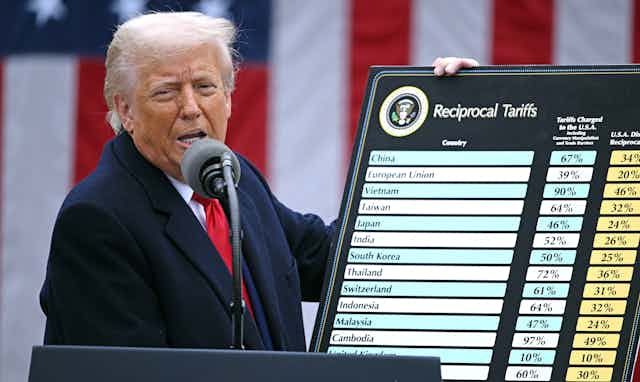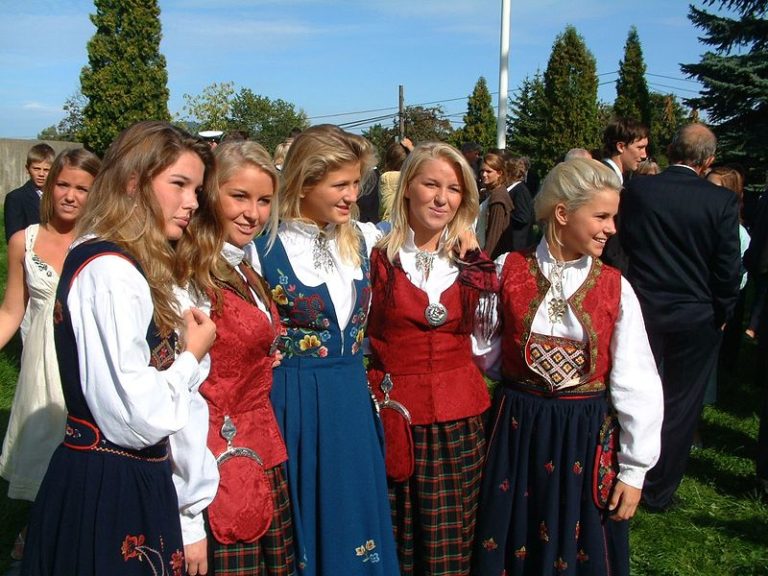BNP Paribas takes further measures to accelerate its support of the energy transition
- The BNP Paribas Group will no longer do business with companies whose principal business activity is the exploration, production, distribution, marketing or trading of oil and gas from shale and/or oil from tar sands.
- BNP Paribas is also ceasing financing of projects that are primarily involved in the transportation or export of oil and gas from shale or oil from tar sands.
- The Group will not finance any oil or gas exploration or production projects in the Arctic region.
- BNP Paribas will continue to actively support clients in the energy sector who are committed to being part of the energy transition.
- These new measures complement the Group’s previous decisions to reduce its support for coal mines and coal-fired power generation, to increase its total financing for renewable energy to €15 billion by 2020, and to set aside €100 million for investment in start-ups working on innovative solutions for energy transition.
BNP Paribas is committed to bringing its financing and investment activities in line with the International Energy Agency (IEA) scenario, which aims to keep global warming below 2°C by the end of the century. To achieve this goal, the world must reduce its dependence on fossil fuels, starting with oil and gas from shale and oil from tar sands whose extraction and production emit high levels of greenhouse gases and has harmful effects on the environment.
Accordingly, BNP Paribas is today announcing a new global financing policy with regard to the exploration, production, and transport of non-conventional hydrocarbons:
> BNP Paribas will no longer do business with companies focused on oil and gas from shale and oil from tar sands operations, this will include:
- Business relations with producers primarily engaged in the exploration and production of oil and gas from shale and/or oil from tar sands
- Business relations with clients primarily engaged in the distribution, marketing or trading of oil and gas from shale and/or oil from tar sands.
> BNP Paribas will no longer finance projects that are mainly involved in the transportation and export of oil and gas from shale and oil from tar sands
- No financing of LNG terminals that predominantly liquefy and export gas from shale,
- No financing of pipelines that primarily carry oil and gas from shale and/or oil from tar sands, and no business relations with companies that derive the majority of their revenue from these activities.
> BNP Paribas will not finance oil or gas exploration or production projects in the Arctic region.
These measures mean that BNP Paribas will gradually cease to finance a significant number of players who are not actively part of a transition to a lower carbon economy. The Group will continue to support its clients in the energy sector who are taking significant steps towards energy transition.
Jean-Laurent Bonnafé, Chief Executive Officer of BNP Paribas, stated: “We’re a long-standing partner to the energy sector and we’re determined to support the transition to a more sustainable world. As an international bank, our role is to help drive the energy transition and contribute to the decarbonization of the economy. As we have announced, we’re committed to working with and supporting those energy sector partners who have decided to make environmental issues a central part of their business policy.”
These far-reaching measures will reinforce the actions already taken by the Group to combat climate change, notably in the energy sector:
- A target of €15 billion in financing for renewable energy projects by 2020,
- Investment totaling €100 million in start-ups specializing in energy transition (energy storage, energy efficiency, etc.),
- A highly ambitious policy on Green Bonds,
- Withdrawing from the financing of coal mines and coal-fired power plants, and no longer supporting coal energy sector companies that are not pursuing a policy of diversifying their energy sources.
Read Jean-Laurent Bonnafé’s editorial on LinkedIn
About BNP Paribas
BNP Paribas is a leading bank in Europe with an international reach. It has a presence in 74 countries, with more than 192,000 employees, including more than 146,000 in Europe. The Group has key positions in its three main activities: Domestic Markets and International Financial Services (whose retail-banking networks and financial services are covered by Retail Banking & Services) and Corporate & Institutional Banking, which serves two client franchises: corporate clients and institutional investors. The Group helps all its clients (individuals, community associations, entrepreneurs, SMEs, corporates and institutional clients) to realize their projects through solutions spanning financing, investment, savings and protection insurance. In Europe, the Group has four domestic markets (Belgium, France, Italy, and Luxembourg) and BNP Paribas Personal Finance is the leader in consumer lending. BNP Paribas is rolling out its integrated retail-banking model in Mediterranean countries, in Turkey, in Eastern Europe and a large network in the western part of the United States. In its Corporate & Institutional Banking and International Financial Services activities, BNP Paribas also enjoys top positions in Europe, a strong presence in the Americas as well as a solid and fast-growing business in Asia-Pacific.
Group BNP Paribas
Julia Boyce – +33 (0)1 43 16 82 04 – julia.boyce@bnpparibas.com
Coralie France-Savin – +33 (0)1 40 14 94 89 – coralie.francesavin@bnpparibas.com
Renato Martinelli – +33 (0)1 58 16 84 99 – renato.martinelli@bnpparibas.com
Sarah Worsley – +33 (0)1 40 14 65 14 – sarah.worsley@bnpparibas.com
BNP Paribas USA
Mylene Benmoussa – +1212841 2351 – mylene.benmoussa@us.bnpparibas.com
BNP Paribas UK
Alexandra Umpleby – +44 207 5952436 – alexandra.umpleby@uk.bnpparibas.com
#Climate risk: “I would not have invested large sums in the Barents Sea,” says Thina Saltvedt




23 Comments
Pingback: bossa nova cafe jazz
Pingback: cafe bossa nova
Pingback: Tha Phae Stadium tickets
Pingback: รับจำนำรถใกล้ฉัน
Pingback: namo333
Pingback: ปลั๊กไฟ
Pingback: อัลเทอร่า
Pingback: alternatif dultogel
Pingback: go88
Pingback: zbet911
Pingback: เว็บแทงหวยออนไลน์มาแรง จ่ายเงินสูง 2024
Pingback: รวมโปรโมชั่นสล็อตของ คาเมล88
Pingback: บาสเกตบอล เว็บแทงบาสออนไลน์
Pingback: SHOPEE สล็อต
Pingback: เฟอร์นิเจอร์สไตล์มินิมอล
Pingback: read this
Pingback: coblo
Pingback: สล็อต เครดิตฟรี
Pingback: Freshbet
Pingback: Donna
Pingback: Ufaslot เว็บตรง ศูนย์รวมเกมสล็อตเล่นง่ายโบนัสแตกไว - LSM99BET
Pingback: snus
Pingback: heng678